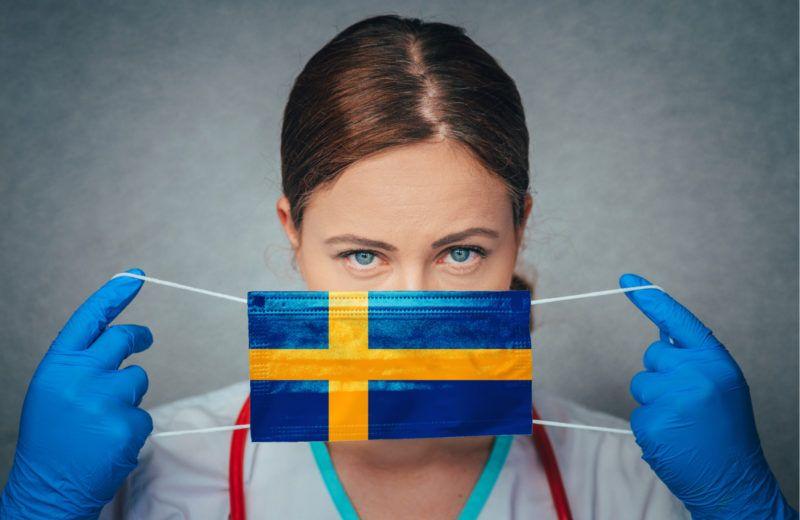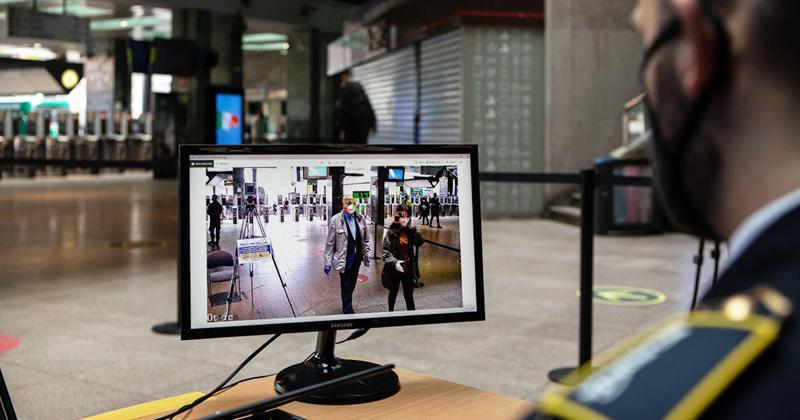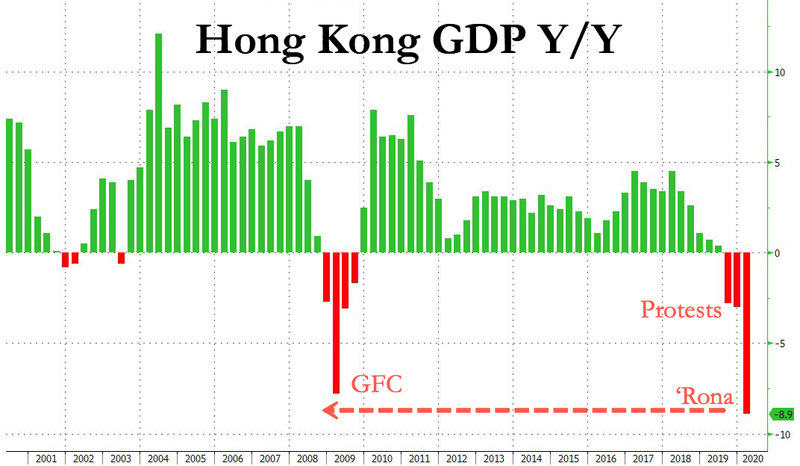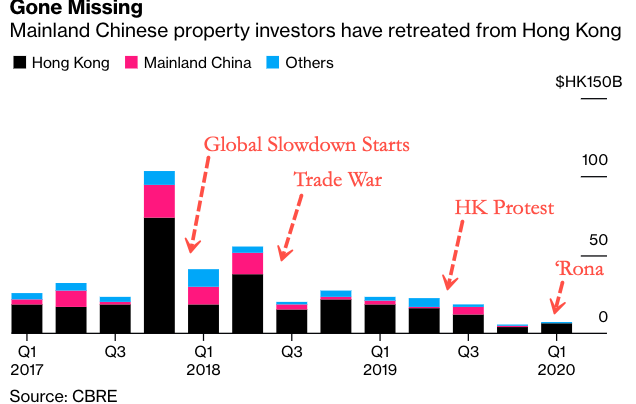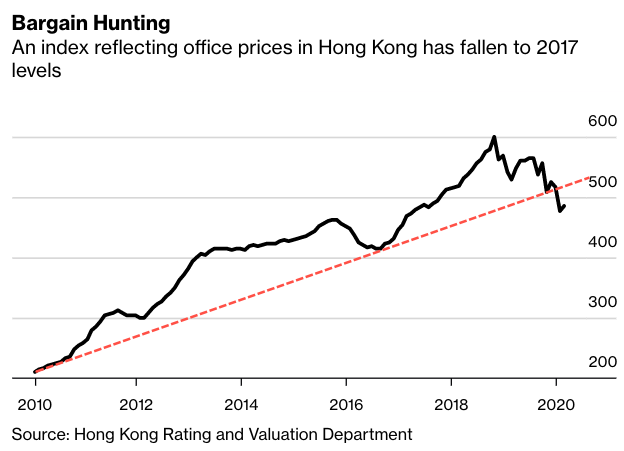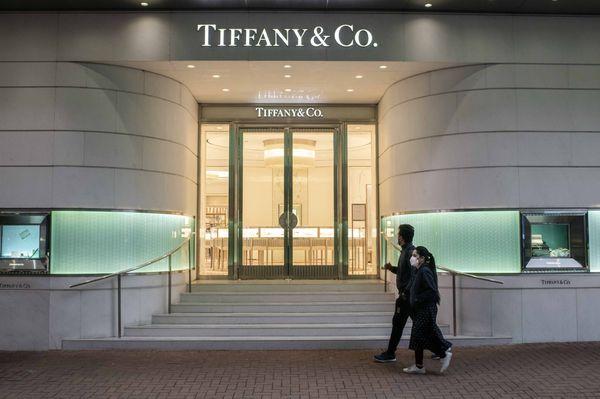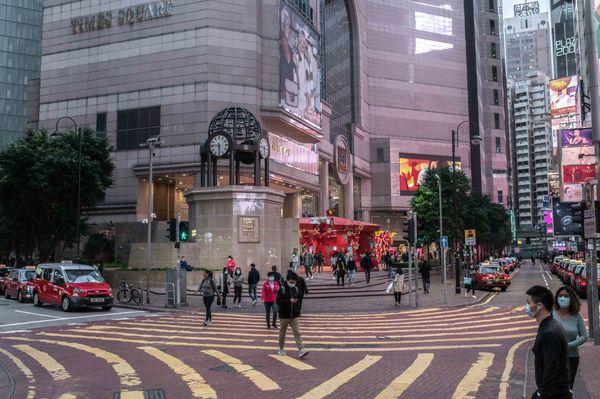Masks In Sweden
Authored by Daniel Klein via The American Institute for Economic Research,
I have been puzzling over attitudes about masks and other facial coverings, particularly in Sweden. Here I use “mask” to mean also a scarf or any other kind of covering over one’s mouth and nose.
In early March 2020, at the start of Spring Break from university employment, I departed the United States for Sweden, but the world changed and I’ve remained in Sweden, where I am now. I don’t read or speak Swedish but many of my friends and associates here are Swedes, including my wife and daughter. I shared earlier drafts of the present rumination with several Swedes in intellectual careers, to check my impressions and suppositions.
The highly trusted Swedish authorities have not encouraged wearing a mask to protect yourself from becoming infected. In fact, they have put out communications that discourage doing so. The experts do encourage social distancing, and, famously now, leave it mainly to voluntary choice.
Swedes practice social distancing, but they don’t much wear masks. In the stores, on the urban streets, and on public transportation, perhaps 10 percent wear masks. Not many. In many other countries mask-wearing is strongly encouraged or even required.
I strongly suspect that mask-wearing helps significantly to prevent the spread of the disease. I won’t bother here to defend that suspicion.
My wife and daughter live in Sweden. As an 18 year old, my daughter has an active work and social life. She is both a member of a cheerleading team, and a coach of a cheerleading team. Both activities have continued on throughout the pandemic, although the team members have stopped “stunting” with one another, instead doing more individual gymnastics and training.
In early March I was strongly opposed to her keeping up the cheerleading activities and her other regular social activities. In my household my opinion counts for little, and she has continued to live her life pretty normally (her high-school classes went online, however).
Now in early May, however, my attitude has rather changed. I need to take precautions against catching the virus from her, I need to stay fit, but I want her to live her life without great precaution against her catching the virus (this of course is on the assumption that subsequent immunity is not only short-lived).
I have a vague sense of “herd immunity” as a certain threshold, estimated to something like 60+% of immunity for Covid19. But even if things long remain well shy of that threshold, one more percentage point has an upside, as well as a downside. Think about the percentage with immunity going from 27 percent to 28 percent. The people in that additional percentage point can suffer and die as they become infected, and they can, for a few weeks (?), infect others, such as their elderly parents who are more vulnerable. But once someone like my daughter gets past it, she can get on with life, and cannot thereafter be a spreader (though for how long is unknown).
Many factors would affect the unfolding scene of humankind’s future. But it is not implausible that that scene is better when Swedes mostly do not wear masks on public transportation than when they do. Ditto the Czech Republic, where people are required to wear masks. If you listen here to the former Swedish State Epidemiologist Johan Giesecke, the man who hired the current one, Anders Tegnell, you’ll find what he says consistent with what I’m suggesting here, but no mention of masks. But elsewhere he has downplayed the value of wearing a mask.
As the pandemic began there was the problem of stock-outs of masks and other protective equipment, and that surely helped to prompt officials to discourage pervasive mask-wearing. But that problem was temporary and, at any rate, officials could have encouraged the public to devise simple makeshifts, such as scarves. I think there is a deeper dilemma surrounding mask messaging.
I cannot help suspect that behind the posture of Swedish officialdom is a tacit sensibility that it’s good to inch the exposure upward. I do not mean to suggest a secret deliberate strategy. Rather, it would be a complex sociological process of taboo, half-conscious esotericism, and circumspection among some who are not yet in a position to speak with candor and openness.
If it were to the good that they mask their sensibilities, would it be wrong of me to unmask them?
It is possible that neither their masking nor my unmasking would be blameworthy; their discourse situation differs from my discourse situation.
Tyler Durden
Wed, 05/06/2020 – 03:30
via ZeroHedge News https://ift.tt/2A4clis Tyler Durden
